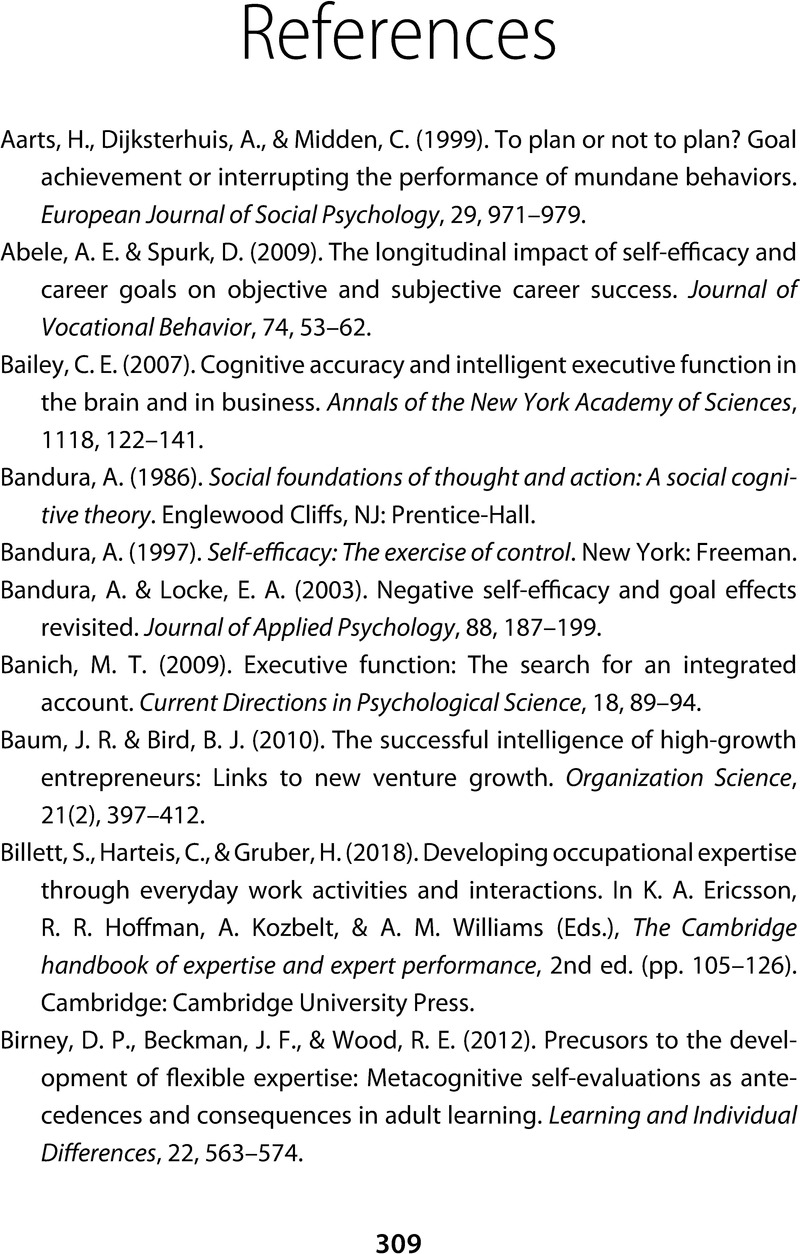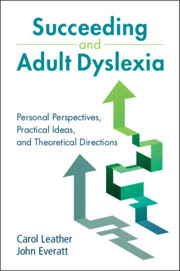References
Published online by Cambridge University Press: 11 January 2024
Summary

- Type
- Chapter
- Information
- Succeeding and Adult DyslexiaPersonal Perspectives, Practical Ideas, and Theoretical Directions, pp. 309 - 320Publisher: Cambridge University PressPrint publication year: 2024



